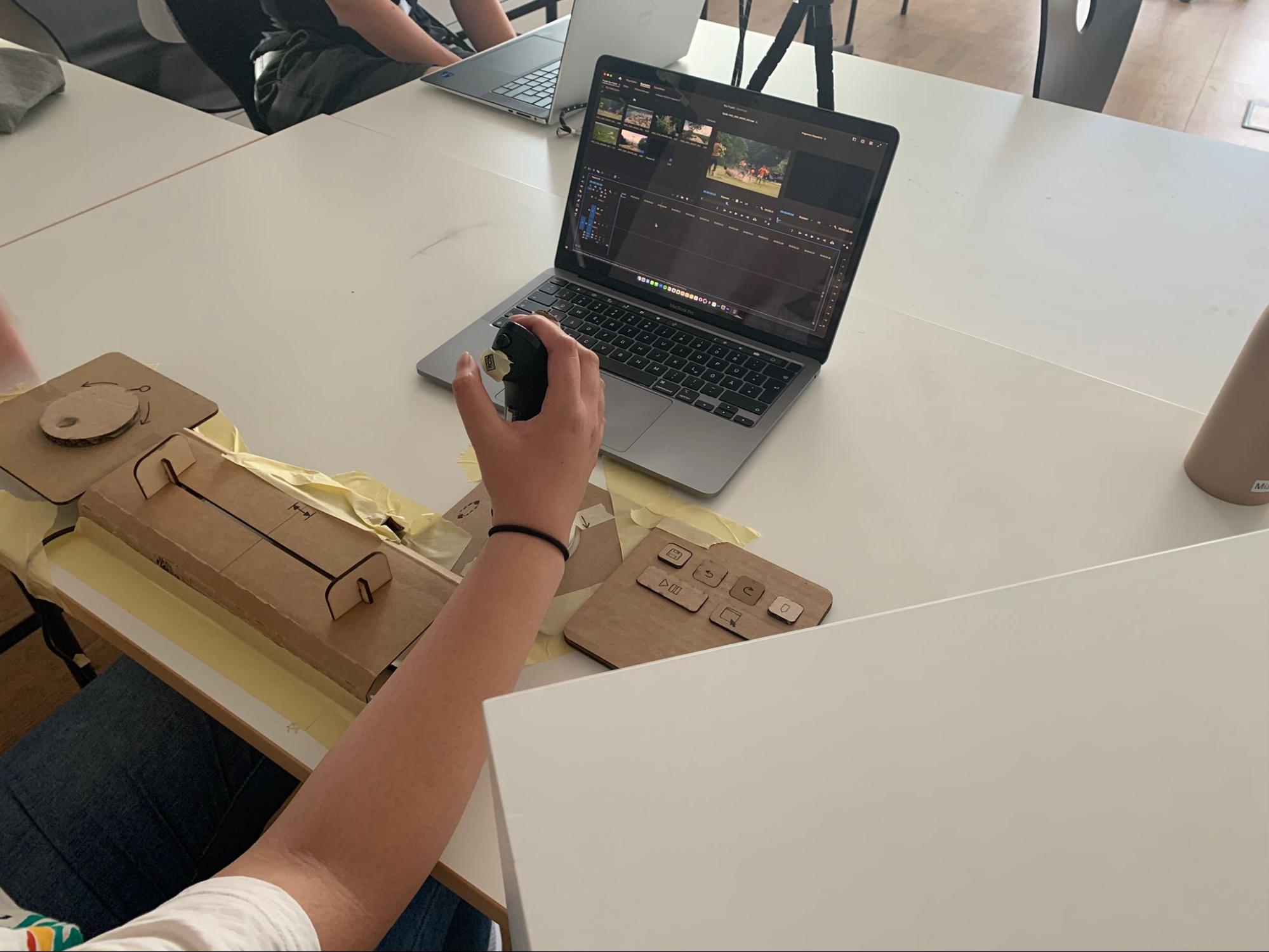
Case Study: substance:id
Tell us about your project
Drug use in fatal traffic accidents is a significant problem in Sweden, but current detection methods are unreliable and time-consuming. The police use a pen test and gut feeling, following lengthy procedures with delayed results and 20-25% false positives. substance:ID is a device developed to detect drug use while driving using replaceable cartridges with Liquid Chromatography Mass Spectrometry technology. Our work together with the police of Umeå focused on creating a cohesive physical and digital design for the device, which enables testing for driving under the influence of drugs and promotes safer driving on Swedish roads.
How did you use blokdots?
The project was the first time we had ever used an Arduino, so we had no idea how to prototype the user experience of the drug-testing device. blokdots helped us a lot to prototype the hardware and quickly program the testing procedure. Additionally, the integration of ProtoPie and Hapticlabs made the user experience of our product even more accurate.
How did blokdots support you?
We were able to start prototyping without any prior knowledge or instructions. We were able to simply plug things together and get immediate visual feedback on what was working and what wasn’t. The platform allowed us to learn quickly, test and implement, from the simple beginnings to a fully working prototype in the end.
 The different stages of prototypes Niklas and Joel created during their project.
The different stages of prototypes Niklas and Joel created during their project.
What did you learn through your prototypes?
In this project, we focused on working iteratively, which led to several iterations of our prototypes. Working closely with the police, it was beneficial for us to be able to represent the complex testing procedure on the device through an interactive prototype. The ease and speed of use of blokdots meant that we could start from scratch in each sprint and easily adjust the program to our current learnings.
How did prototyping change your design?
The prototypes provided us with a great deal of confidence in making decisions in our design process. It was very easy to evaluate and improve the interaction through the prototypes, thanks to the collaboration with the police. We would have never been able to learn as much about the product without the prototypes. The prototypes, on the other hand, would have never been possible to make with our knowledge in that timeframe without having blokdots.
More about the project:





